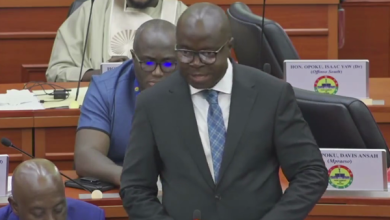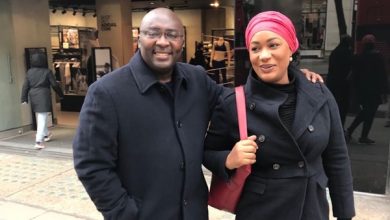Decision by CLOGSAG to call off strike welcoming – NPP National Organiser Aspirant

Dr Kwame Afriyie, National Organiser aspirant.
A New Patriotic Party National (NPP) Organizer hopeful, Dr. Kwame Afriyie has praised the Civil and Local Government Staff Association of Ghana (CLOGSAG) for calling off its strike, which had been in force since April 21, 2022.
In an interview with the Ghanaian Observer Newspaper, the leading member of the ruling NPP expressed his admiration for the CLOGSAG leadership for coming to a compromise with government and exhibiting a higher sense of good faith in their negotiations.
The NPP Organizer hopeful who is determined to bridge the gap between the grassroots of the party and the government stated that, the CLOGSAG association plays a crucial role in the development of the Country.
“The leadership of CLOGSAG and its members have exhibited a higher level of professionalism and good faith in their negotiations. The calling off of the almost three-weeks industrial action is commendable”, Dr Afriyie stated..
ROLE:
The aspirant noted that CLOGSAG plays a crucial role in the development of the Country since they help the machinery of government to run effectively.
He therefore stressed that the exhibition of good faith by the leaders and their members Og CLOGSAG is commendable.
“Government also needs to be praised for finding an amicable and lasting solution to their demands”, Dr Afriyie posited.
BACKGROUND
The Civil and Local Government Staff Association of Ghana has called off its strike.
The association called off the strike on Thursday, May 12, 2022.
Isaac Bampoe-Addo, the Executive Secretary of CLOGSAG, at a press conference said the decision to call off the industrial action followed a decision taken by its National Executive Council (NEC)after an agreement was reached with government over the payment of their demanded allowances.
He said all members of the association are expected to resume work on Monday, May 16, 2022.
Source: Ghana/otedcfmghana.com/Michael Ofosu-Afriyie, Kumasi.




